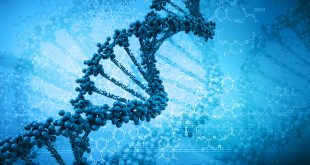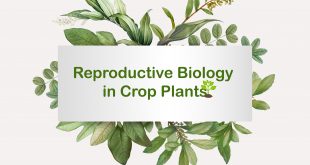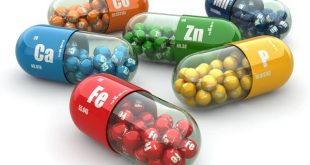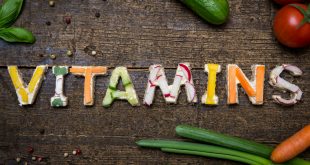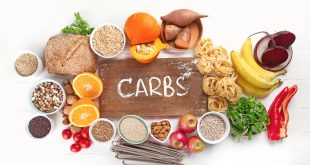Hello Everyone, hope you have gathered some knowledge from the previous part of “History of Botanical Exploration: Indian Subcontinent” series. This is the Second part of History. Here we will explore rest of the three pioneers who made magnificent contribution to foster plant taxonomy study to the next level. I …
Read More »History of Botanical Exploration: Indian Subcontinent (Part 1)
It’s always helpful and extra-beneficial to check the background or history before learning a new subject matter. Why? Because this enrich us with some fundamental concepts behind the topic and enable us to understand how versatile ideas bloom and differentiate to shape a new body of knowledge. Isn’t that interesting!!! …
Read More »Comparison of Two Means: Student’s t-test
From the previous topic, we learned about test of significance, a procedure for comparing observed data with a claim or hypothesis or predicted data. This test of significant is used to test e claim about an unknown population and for testing the research hypothesis against the H0. Null …
Read More »Gene Cloning: Basic, Requirements & Steps
Author: Tahmina Mojumder This article discusses Recombinant DNA and gene cloning, plasmid and phase vectors, restriction enzymes, restriction maps and their properties, recombinant selection. Recombinant DNA Recombinant DNA is the common name for a segment of DNA that has been created by combining at least two fragments from two different …
Read More »Reproductive Biology in Crop Plants: Part One
Reproduction is one of the fundamental features of life on earth. Reproduction means ‘to produce’. It is the way of producing offspring. In this article, basic ideas about plant reproduction including its modes and the significance of these modes will be discussed. Reproduction in Plants Plant reproduction is a biological …
Read More »Minerals: A Solid, Naturally Occurring Inorganic Substance (Part 1)
In a Museum when you see a glittering crystal, you would say it was a mineral and you’d almost certainly be right. But can you say what a mineral really is? Define Minerals A mineral is an inorganic solid which is naturally occured. It has a fixed chemical composition and …
Read More »Vitamins: A Nutrional Organic Molecule
Vitamins and minerals are essential nutrients because they perform many roles within the body. There is a fine line between getting enough of those nutrients (which is healthy) and getting an excessive amount of (which can find yourself harming us). Eating a healthy diet remains the best way to get …
Read More »Thermodynamics: A Relationships Between Heat and Other Forms of Energy (Part 1)
The study of the flow of warmth or the other sort of energy into or out of a system because it undergoes a physical or chemical transformation, is named Thermodynamics. In other word relationship between heat, work, temperature, and energy. In broad terms, thermodynamics deals with the transfer of energy from one place to a different and from one form to a …
Read More »Carbohydrates: The Central to Nutrition
Carbohydrates are fundamentally the sugars, starches and fibers found in fruits, grains, vegetables and milk products. Though often it slander in trendy diets, carbohydrates which is one of the basic food groups which are important to a healthy diet. A carbohydrate is a biomolecule containing of carbon (C), hydrogen (H) and oxygen (O) atoms, normally with …
Read More »Hydrangea: A Natural Acid Base Indicator & Wonder of Colors
Hydrangea is one of the world’s most popular ornamental flowers that conceals a bouquet of biological and biochemical surprises. The iconic “snowball” shaped blooms of Hydrangea macrophylla show magical color variation from soil to soil. In this article, incredibly interesting facts about the natural pH indication and color variation of …
Read More » Plantlet The Blogging Platform of Department of Botany, University of Dhaka
Plantlet The Blogging Platform of Department of Botany, University of Dhaka


